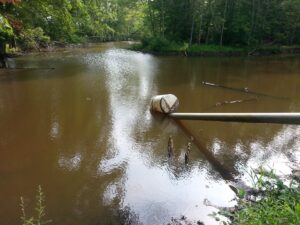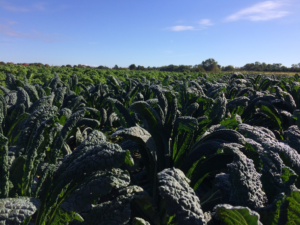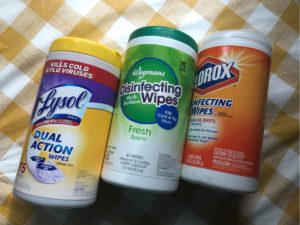Anyone who lives or works in NJ is now eligible for a COVID vaccine at any of the vaccine megasites. No appointment needed, see walk-in hours here:
https://covid19.nj.gov/pages/vaccine
Information resources for farmers and farm workers continue to be developed by the CDC and the state of NJ. These resources are easily accessed on the Rutgers On-Farm Food Safety COVID website. This website will be updated as more resources are developed. Available now on the website:
- Documentation from NJDOH stating all are eligible for free COVID vaccinations regardless of immigration status
- Megasite locations and times for walk-in COVID vaccines for anyone 16 years or older
- COVID vaccine educational posters in English, Spanish, Haitian Creole, Korean, simplified Chinese, and traditional Chinese
- CentraState (Freehold) walk-in vaccine clinic information – May 11th and 15th
Farmers or farm workers with questions about locating a vaccine or other vaccine information may use the email address njfarmvax@njaes.rutgers.edu for assistance.



